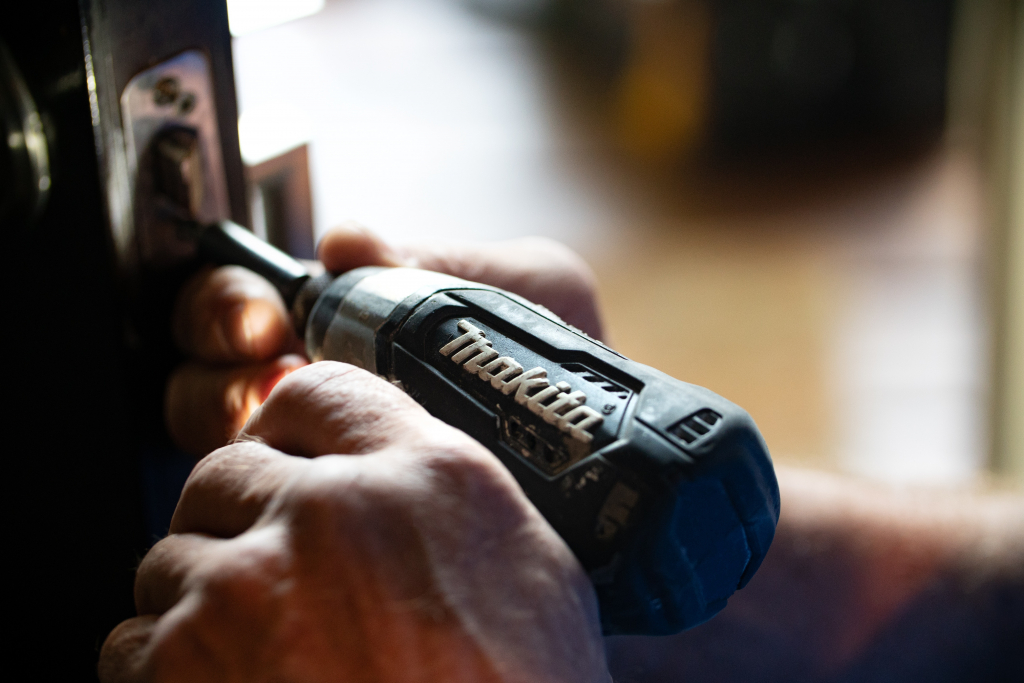A long-term tenancy is a blessing to every landlord who has units that were not intended for short-term stays (hotels, travel AirBnBs, etc.).
For landlords who are renting out apartments and houses for long-term living, tenants who continue to renew their lease contract are valuable assets to their business.
A long-term tenant saves a landlord the tedious process of filling up a vacancy which includes marketing, conducting walkthroughs, screening applicants, conducting move-out procedures and inspections, and preparing their units for turnover.
You can never guarantee that a good tenant would renew his or her contract, but there are certain steps you can do at the beginning of (and during) a tenancy to increase the chances of a lease renewal.
Give space for compromise.
As a landlord, it is normal to have “non-negotiables” when it comes to how you handle business and the policies you will impose. However, meeting your potential tenants halfway will mean a lot to them.
While in the process of sealing a deal with a future tenant, let them review everything about the lease such as payment terms, rules, exclusions, and inclusions.
If they have second thoughts with any of those, listen to them and weigh if their concern is reasonable. If it is, be open to suggest a compromise that is a win-win for both of you.
Give a welcome gift.
It’s good to welcome your new tenant with a friendly gesture such as giving a housewarming gift. It doesn’t have to be costly. Try a small houseplant or a bag of coffee beans.

Another gift idea is a list of the restaurants or cafes in the neighborhood that you recommend, or a directory of services that they might need (e.g. laundry shops, gyms, etc.).
This is one way to make your tenant feel that you want him or her to belong to the neighborhood community.
Promptly address every issue.
It is your responsibility as a landlord to not only respond to maintenance and repair requests, but also to do so as quickly as possible.

Create a network of service providers near your area that you can easily call to conduct repairs such as electricians, plumbers, and exterminators. If possible, have two of each so that you have an option in case the first one is unavailable. Make sure your service providers will respectfully interact with your tenants.
A delayed service would give your tenant the impression that you are not concerned for their comfort, so they’ll eventually look for a landlord who does.
Respect privacy but maintain security.
It’s common practice for every landlord to conduct routine checks of their rental units. However, it should not be done too often that it already feels like a constant invasion for your tenant.
All inspections must be scheduled and it must be written on the leasing agreement. Even though there’s a fixed schedule, your tenant would appreciate it if you will still remind them of the visit a few days before. Make sure you have a detailed inspection plan so that you don’t have to come back after several days just because you forgot to inspect an area.
Even though you want to respect the privacy of your tenant, it doesn’t mean you could not install security measures like surveillance cameras just because they seem intrusive. Install them only in common areas and inform your tenants.

Many factors affect a tenant’s decision to renew a license. Of course, they always factor in amenities and convenience, but the biggest factor is the relationship they have with you. Of they don’t like you, they can easily choose to look for a similar unit somewhere else. A healthy landlord-tenant dynamic involves trust and respect. The steps suggested above will help you foster those.
Keep these ideas in mind as you begin to fill in your vacant units. Nothing can guarantee a long-term tenancy, but it’s worth to exert the extra effort to increase the odds. You can post your listings to Padleads.com where it can reach thousands of home hunters. With the right mindset, you might find a tenant that you will be leasing to for years to come.